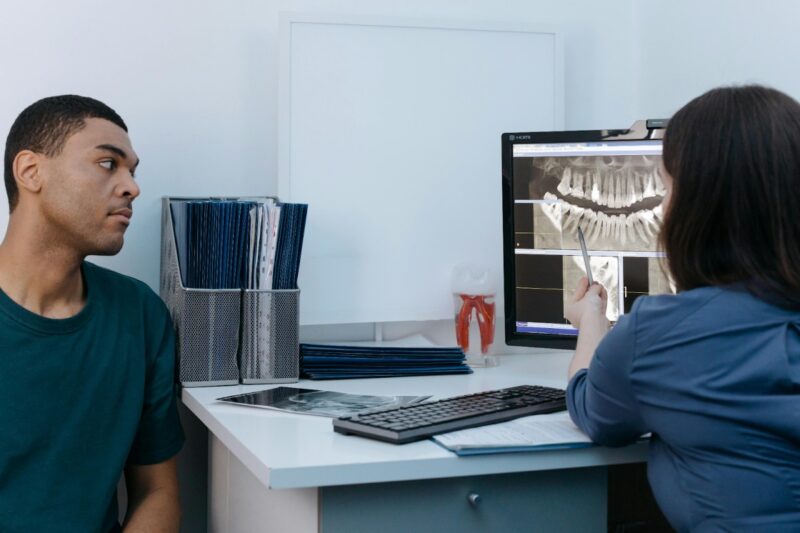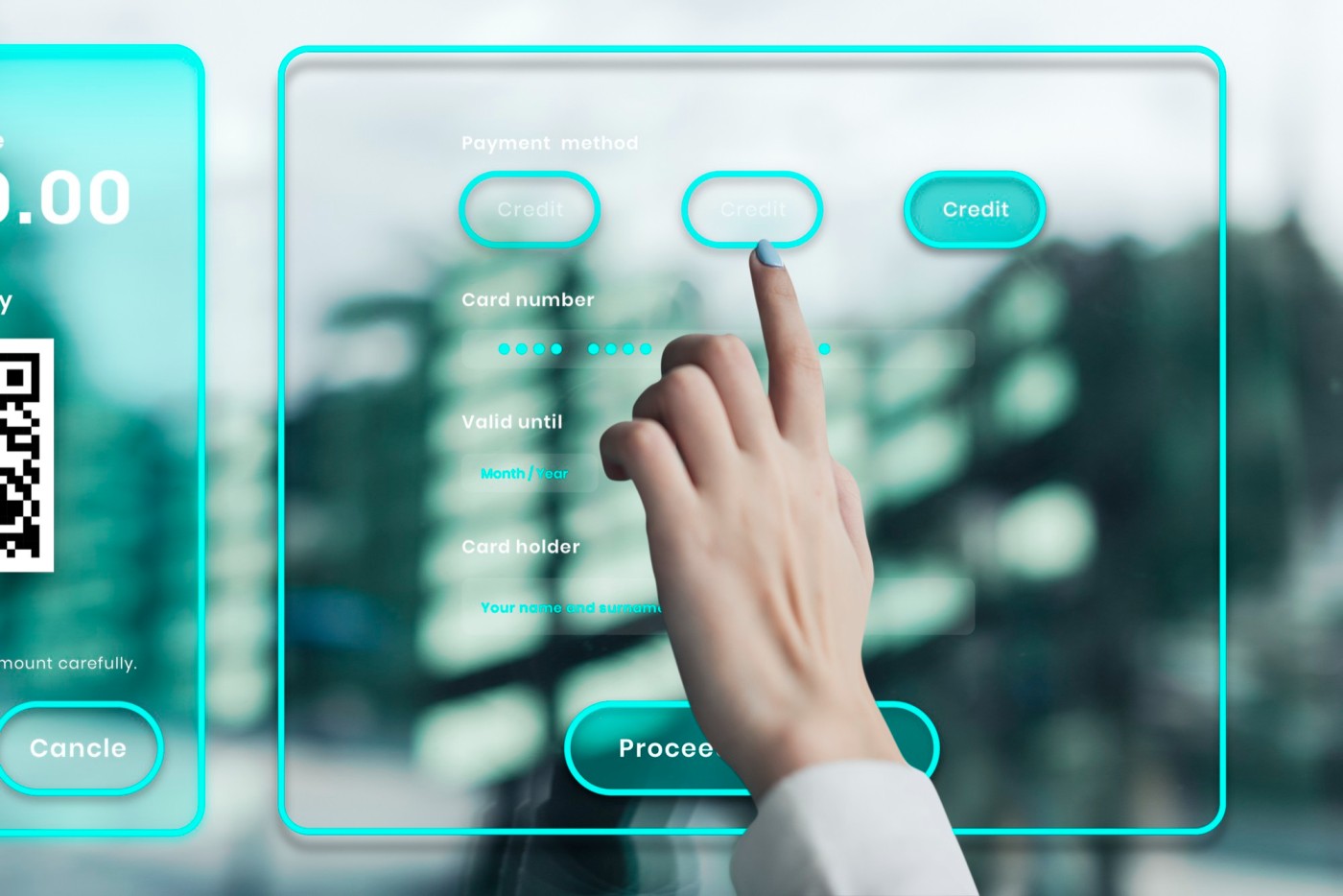Let’s be honest—nobody likes sitting in a waiting room flipping through old magazines, wondering if the receptionist forgot about them. In dental clinics, the waiting experience sets the tone for the whole visit. It’s either a calm prelude to care or a slow descent into frustration. And while sleek furniture and background jazz can help, the real game-changer is something less visible: AI scheduling.
AI-powered appointment management is helping dental practices rethink how time is handled. It’s not just about filling calendars—it’s about respecting patients’ time and reducing the stress on staff. Tools like Viva AI are turning this once-overlooked part of the patient journey into a smooth, efficient system that keeps everyone happy from the moment the appointment is booked.
That’s where an AI receptionist for dental clinics comes in. Rather than relying solely on human memory or clunky software, modern clinics are embracing intelligent systems that manage bookings, confirmations, reschedules, and reminders—all without the awkward back-and-forth. The result? Fewer double-bookings, shorter waits, and a calmer front desk.

Photo by Tima Miroshnichenko from Pexels
Table of Contents
- Why Scheduling Still Feels Broken
- The Real Impact of No-Shows
- How AI Helps Staff Breathe Easier
- Patients Don’t Just Want Convenience—They Expect It
- Booking, Confirming, and Rescheduling—All on Autopilot
- Making Waiting Rooms Feel Like a Pause, Not a Punishment
- The Ripple Effect on Practice Reputation
- Common Myths About AI Scheduling (and Why They’re Wrong)
- Final Thoughts: It’s Time to Rethink the Clock
Why Scheduling Still Feels Broken
For most clinics, the problem isn’t effort—it’s friction. Human receptionists juggle dozens of tasks: phone calls, check-ins, cancellations, insurance questions, and the occasional upset patient. Scheduling gets squeezed in between. That’s how you end up with overlapping appointments, no-shows, or someone stuck waiting because an earlier procedure ran long.
And patients notice. A 15-minute delay might feel like an eternity to someone anxious about their cleaning. Even worse, inconsistent scheduling often leads to overbooked providers, tired hygienists, and stressed-out front desk staff who have to apologize for something that wasn’t their fault.
This is where smart scheduling makes a difference. AI doesn’t replace staff—it supports them. It keeps track of timing, blocks buffers where needed, and helps avoid human error. In other words, it takes the pressure off the people who are already doing their best. For example, an AI receptionist for dental clinics can manage appointments, reduce no-shows, and free up front-desk staff to focus on patient care.
The Real Impact of No-Shows
No-shows are more than just an inconvenience. They create sudden gaps in the schedule, throw off the day’s flow, and cost clinics serious revenue. And it’s not always because people are forgetful—sometimes they never got a confirmation, or they weren’t sure how to cancel.
AI-driven tools fix that by automating communication. Patients get reminders by text or email, often with an easy link to confirm, cancel, or reschedule. This alone can drastically reduce no-show rates. And when someone does need to cancel, the system can even offer that open slot to someone on a waitlist.
That kind of flexibility isn’t just good business—it’s good care. Patients appreciate feeling in control of their time. Clinics appreciate having fewer gaps to fill. Everyone wins.
How AI Helps Staff Breathe Easier
Let’s talk about the front desk. It’s the beating heart of any clinic—and it’s often overwhelmed. When appointment books are full of scribbled notes, last-minute changes, and unanswered voicemails, mistakes are inevitable. That’s not a staff problem. It’s a system problem.
Viva AI helps solve that. It can automatically schedule appointments based on provider availability, treatment duration, and patient preferences. It avoids overlaps, builds in realistic buffers, and even accounts for late arrivals.
It’s like having a super-organized assistant who never forgets anything and doesn’t get flustered by phone lines ringing off the hook. Staff still oversee the schedule, of course—but they’re no longer drowning in it. That frees them up to focus on patient care, not calendar chaos.
Patients Don’t Just Want Convenience—They Expect It
We’re all used to booking flights, hotel rooms, or haircuts online. Why should dental visits feel like a step back in time? Today’s patients want the same ease and speed in healthcare. And when they don’t get it, they notice.
Offering AI-powered scheduling is a clear signal that your practice values patients’ time. It allows them to book 24/7—no waiting for office hours. They can cancel or reschedule without having to call. They get polite reminders and follow-ups that feel like service, not spam.
In a competitive market, that kind of polish matters. It’s not just a tech feature—it’s part of your brand.
Booking, Confirming, and Rescheduling—All on Autopilot
Let’s look at what smart scheduling actually does. With the right system in place, like Viva AI, the following tasks can run automatically:
- Initial booking: Patients can view open slots and book online instantly.
- Intelligent matching: The system matches the right provider, treatment type, and room availability.
- Reminders: Gentle nudges go out via SMS or email a day or two before the visit.
- Rescheduling: If something comes up, patients can adjust appointments without calling.
- Filling gaps: Last-minute cancellations can be offered to other patients who’ve opted in for quick bookings.
That’s a lot of invisible work done without lifting a finger—and it keeps things moving.
Making Waiting Rooms Feel Like a Pause, Not a Punishment
Let’s be real: you can’t eliminate waiting entirely. Emergencies happen. Procedures take longer than expected. But you can design a system that doesn’t create unnecessary waits.
With better scheduling and communication, you can stagger arrivals, plan realistically, and avoid backups. That means shorter wait times overall—and fewer patients all arriving at once.
Even when people do have to wait, it feels different when they’ve been clearly informed and when the front desk isn’t frantically trying to figure out what went wrong. That calm carries through the whole visit.
The Ripple Effect on Practice Reputation
First impressions matter. If a new patient walks into a quiet, well-managed office where appointments run on time, they’re going to remember it. They’re more likely to leave a positive review, recommend the practice, and come back regularly.
Smart scheduling has a bigger ripple effect than most people realize:
- It makes staff feel supported, not overwhelmed.
- It gives patients control over their time.
- It boosts provider productivity, since appointments are spaced more thoughtfully.
- It reduces churn, since fewer people cancel out of frustration.
And perhaps most importantly, it gives clinics the bandwidth to focus on care instead of logistics.
Common Myths About AI Scheduling (and Why They’re Wrong)
“Patients won’t trust a robot with their appointments.”
Actually, most people trust automation more than voicemail. They want quick, clear answers—especially when they’re juggling their own schedules.
“It’ll feel impersonal.”
Done right, it’s the opposite. AI tools like Viva AI personalize reminders using names, treatment types, and friendly tone. They feel more like a concierge than a cold bot.
“We don’t have time to set it up.”
The irony here? Once set up, these systems save tons of time. Most clinics that adopt AI scheduling wonder why they waited so long.

Photo by cottonbro studio from Pexels
Final Thoughts: It’s Time to Rethink the Clock
The waiting room doesn’t have to be awkward. It doesn’t have to be packed. And it definitely doesn’t have to feel like a punishment.
With smarter tools like Viva AI, clinics can offer patients the kind of modern, respectful experience they expect—and deserve. It’s not about cutting corners. It’s about smoothing them out.
In the end, good scheduling isn’t just logistics. It’s hospitality. And that starts with giving patients more control, more clarity, and less time staring at the wall.

Andrej Fedek is the creator and the one-person owner of two blogs: InterCool Studio and CareersMomentum. As an experienced marketer, he is driven by turning leads into customers with White Hat SEO techniques. Besides being a boss, he is a real team player with a great sense of equality.
